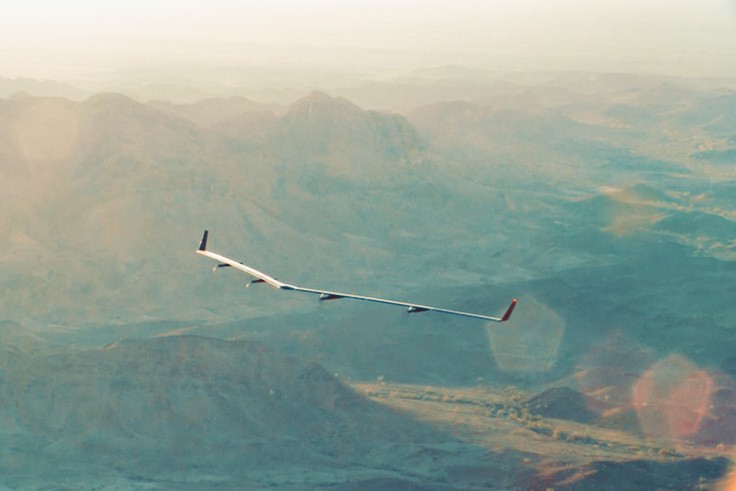Popular Reads
Top Results
Can't find what you're looking for?
View all search resultsPopular Reads
Top Results
Can't find what you're looking for?
View all search resultsFacebook successfully tests first full-scale internet drone
Change text size
Gift Premium Articles
to Anyone
W
ith bringing online connections across the world one of Facebook founder Mark Zuckerberg’s major goals, the social network company has announced the success of its first full-scale test of the solar-powered Aquila drone on Thursday.
Aiming to bring internet service to the remote areas of the world, the drone's test flight serves as a big step for Facebook, as it is the first time that the full-scale aircraft has flown, after months of testing one-fifth scale Aquilas.
The aircraft that was flown on Thursday had a larger wingspan than a 737 passenger aeroplane, which was their goal after two years of engineering from the Aquila program created by Facebook's Connectivity Lab.
(Read also: Facebook rolls out 360 photo feature worldwide)
"It was so successful that we ended up flying Aquila for more than 90 minutes - three times longer than originally planned. [The plan] will also require us to work closely with operators, governments and other partners to deploy these aircraft in the regions where they'll be most effective," said Facebook engineering and infrastructure global head Jay Parikh as quoted by AFP.
There are still 4 billion people living in this world without internet access and as many as 1.6 billion of those people live in remote areas with no mobile broadband networks whatsoever.
“Implementing existing network technologies is so challenging and costly that it will take years to bring everyone affordable access," said Parikh. “To reach our goal of being able to fly over a remote region and deliver connectivity for up to three months at time, we will need to break the world record for solar-powered unmanned flight, which currently stands at two weeks. This will require significant advancements in science and engineering to achieve." (jam/kes)











